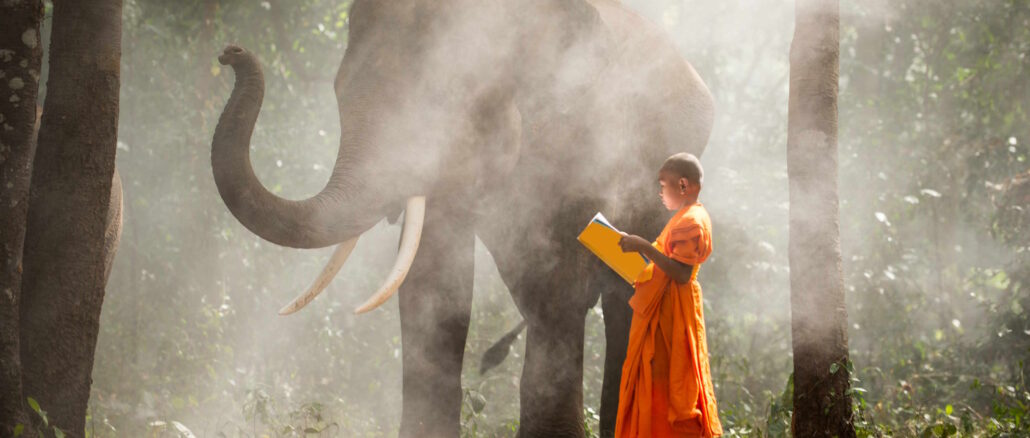
Storytelling in podcasts is a potent medium that can forge a deep, personal connection with listeners and reach a vast audience. When wielded with ethical responsibility, it can lead to significant positive outcomes. However, unethical storytelling can result in specific harms such as spreading misinformation, damaging reputations, fostering prejudice, and eroding listener trust. It’s about upholding the subjects’ dignity and autonomy, being sensitive to the audience, and using this platform to inspire, educate, and entertain responsibly. Engaging stories must also be respectful and reflect our dedication to harnessing the medium’s power for the greater good.
The Importance of Ethical Storytelling in Podcasts
Ethical podcast storytelling is of utmost importance as it plays a vital role in preserving the integrity of the subjects being discussed and the listeners’ trust. It involves presenting individuals and communities in a manner that does not compromise their autonomy or dignity. The ethical approach acknowledges that oversimplified narratives and exploitative practices can have harmful consequences and create a culture of storytelling founded on respect, accuracy, and consent. Some practical tips for ethical storytelling include doing thorough research, seeking consent from subjects, and being mindful of cultural sensitivities. By adopting ethical podcast storytelling practices, we can ensure that our stories are informative and entertaining but also responsible and inclusive. Moreover, podcasts have the unique potential to challenge prevailing stereotypes and promote diverse voices, influencing societal norms and encouraging creators to be particularly mindful of their content.
Responsibility of Podcast Creators
Podcast creators hold a critical role in society as they deliver compelling and thought-provoking stories to their listeners. However, in doing so, they must also ensure that their content is ethically sound, which can be a delicate balancing act. On the one hand, they can tell a story in their voice. Still, on the other hand, they have ethical obligations to respect the truth, fairness, privacy, consent, cultural sensitivity, and other crucial considerations
Moreover, podcast creators must obtain explicit consent from the individuals whose stories they share and respect their right to privacy. In doing so, they must be mindful of their content’s impact on the individuals involved and ensure that they are not exploited in any way. Ultimately, podcast creators must strive to create content that is both engaging and ethical and that respects the rights and dignity of all individuals involved. [3].
Impact on Audience and Community
The impact of a story extends beyond the personal—it reverberates through audiences and communities. Ethical storytelling reinforces positive societal values and helps to build a connection based on humanity and understanding. Authentic narratives are crucial to building trust with the audience, who must feel confident that what they hear is truthful and free of manipulation [1]. Listener feedback often plays a pivotal role in this process, offering podcast creators valuable insights into how their stories resonate and where they can improve to uphold ethical standards.
Challenges and Considerations
When it comes to ethical storytelling, one of the most crucial aspects is ensuring that the narrative respects and acknowledges the lived experiences of the subjects involved. This becomes especially challenging when dealing with sensitive topics or vulnerable populations, as the power dynamics at play can make it difficult to give voice to those who may have been marginalized or silenced. As such, podcast creators and other storytellers must be mindful of the ethical implications of their work and strive to create a safe and empowering space where all voices are heard and valued.
In conclusion, the ethics of storytelling in podcasts is a complex but essential consideration for creators. By adhering to ethical principles, podcasters can ensure that their work contributes positively to society and respects the individuals whose stories they are privileged to share. As the medium continues to grow, the importance of ethical storytelling will only become more pronounced, making it an indispensable part of responsible podcast creation.